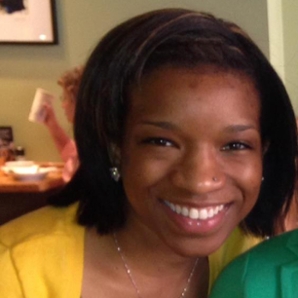
Evelyn Carter
Ph.D. in Psychology
Explore the stories within the Indiana University Graduate School Bloomington community. Whether you’re seeking guidance from our diversity emissaries or drawing inspiration from our student success stories, this page is a celebration of unique journeys.
Search or filter student profiles to learn more.
Filter selections
7 results found

Ph.D. in Psychology
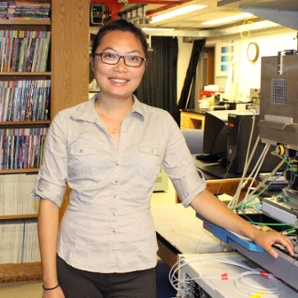
Ph.D. in Analytical Chemistry
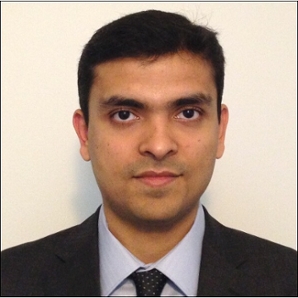
Ph.D. in Astronomy
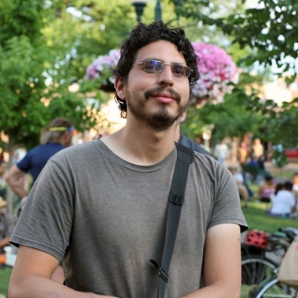
Ph.D. in Experimental High Energy Particle Physics

MS in Production and Design
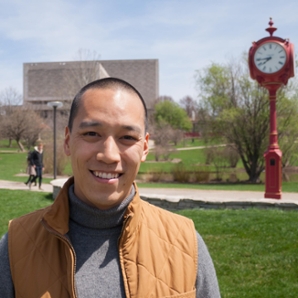
Ph.D. in Human Performance
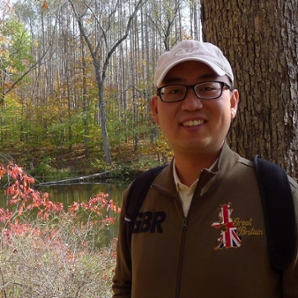
Ph.D. in Central Eurasian Studies (CEUS)